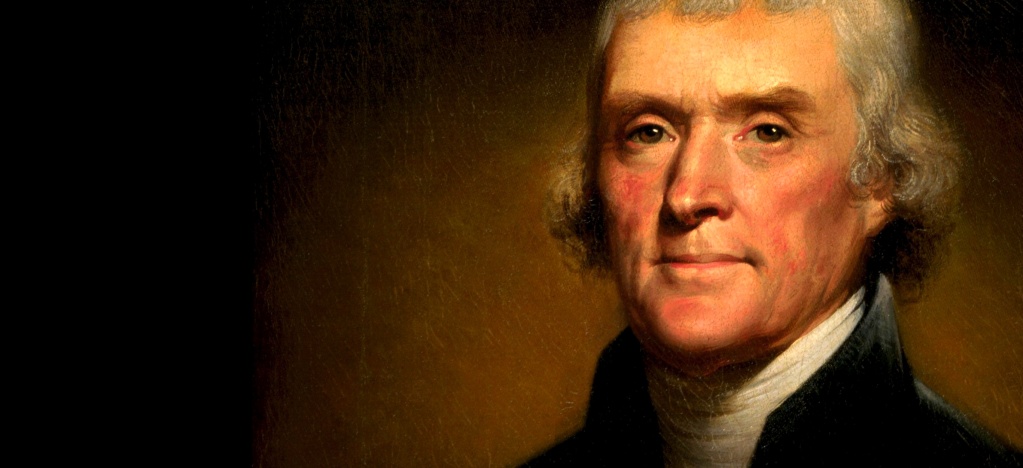Kieran Bhattacharya was expelled from the University of Virginia medical school. A journalistic account is here.
The university claims his persistent questioning at a panel discussion and his follow-up resistance to the university’s orders violated “the school’s professionalism standards.”
Professionalism cuts both ways at a university — both for students and for faculty/administrators — but it sets higher standards for professors and deans who should not only expect but encourage independence of mind, strong debate, and challenges during discussions of controversial issues.
So: Initially, was the student too pushy — or were the faculty/administrative too defensive? In the escalating follow-ups, was the student too rebellious — or was the university too authoritarian?
Here is the danger: abuses of power lie along a spectrum of severity, and slippery slopes are a real problem. In a mostly civilized nation, we have a leading university’s authorities dealing with a student who was not accepting and compliant but questioning and challenging them. In response, the university:
* suggested counseling for the student, but “that suggestion soon became a mandate, court records show.”
* ordered the student to attend an official hearing after the student questioned the need for counseling.
* at the hearing, “the student recorded audio and took photographs of the attendees and was criticized for doing so.”
* then expelled him from the university.
On the slippery slope:
* Soviet communism required psychiatric “counseling” for dissident citizens who were deemed disruptive.
* Catholic authorities silenced Galileo for arguing persistently against theologically approved cosmology.
* Athenian democracy killed gadfly Socrates for challenging it with uncomfortable questions.
Thomas Jefferson was founder of the University of Virginia, of which he said:

“This institution will be based on the illimitable freedom of the human mind. For here, we are not afraid to follow truth where it may lead, nor to tolerate error so long as reason is free to combat it.”